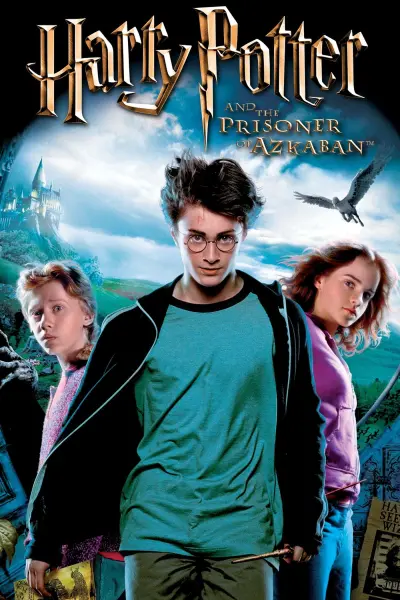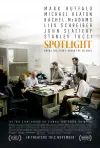
"Harry Potter and the Prisoner of Azkaban," the third installment in the Harry Potter film series, directed by Alfonso Cuarón, presents a captivating narrative that delves deeply into themes of identity, the impact of the past on the present, and the complex nature of truth and justice. Released in 2004, this adaptation of J.K. Rowling's 1999 novel is often lauded for marking a significant shift in the series, introducing a darker tone and more profound character development.
The film opens with Harry Potter's unintentional inflation of his Aunt Marge, leading to his hasty departure to the Leaky Cauldron in London. The storyline quickly escalates with the introduction of the film's central conflict: the escape of Sirius Black, a notorious supporter of the dark wizard Lord Voldemort, from Azkaban prison. Believed to be pursuing Harry with malevolent intent, Black's escape sets in motion a tale intertwining mystery and magical adventure. Harry embarks on a journey of discovery, unraveling the truths about his parents and their connection to Black, adding layers of depth to the narrative.
At Hogwarts, the introduction of Dementors, the spectral guards of Azkaban, adds a chilling dimension to the film. These beings have a profound effect on Harry, leading him to seek guidance from the new Defense Against the Dark Arts teacher, Remus Lupin. Lupin's role in the story is crucial, as he introduces themes of inner resilience and confronting fears, particularly through teaching Harry the Patronus Charm, a powerful defense against the Dementors. The Dementors themselves serve as a metaphor for the darker elements of the human psyche, encapsulating themes of depression and despair.
As the plot unfolds, Harry discovers that Sirius Black is, in fact, his godfather and was wrongly accused of betraying his parents. This revelation shifts the film's thematic focus, moving beyond a simple dichotomy of good versus evil to explore a more nuanced perspective on justice and the repercussions of false accusations. The film thoughtfully examines the subjective nature of truth and how differing perspectives can significantly alter one's understanding of both events and characters.
Incorporating the concept of time travel through the use of a Time Turner adds an additional layer of complexity to the film. This plot device is not only crucial to the storyline but also raises important philosophical questions about responsibility, morality, and the fixed nature of time. Through time travel, Harry and Hermione are able to change the course of events, leading to the exoneration of both Sirius Black and Buckbeak, a wrongly sentenced Hippogriff.
Furthermore, "Harry Potter and the Prisoner of Azkaban" is a poignant narrative about adolescence and growing up. The film captures the transition of Harry, Ron, and Hermione from children to teenagers facing trials that test their bravery, loyalty, and moral discernment. This chapter in the series signifies Harry's progression from a passive recipient of his circumstances to an active participant shaping his own destiny.
In summary, "Harry Potter and the Prisoner of Azkaban" is a film that masterfully intertwines themes of justice, the fluidity of truth, and the challenges of maturation, all set against the enchanting backdrop of a magical world. Distinguished for its darker and more mature storytelling approach, the film offers a deeper, more enriching experience, resonating profoundly with both its characters and its audience.


